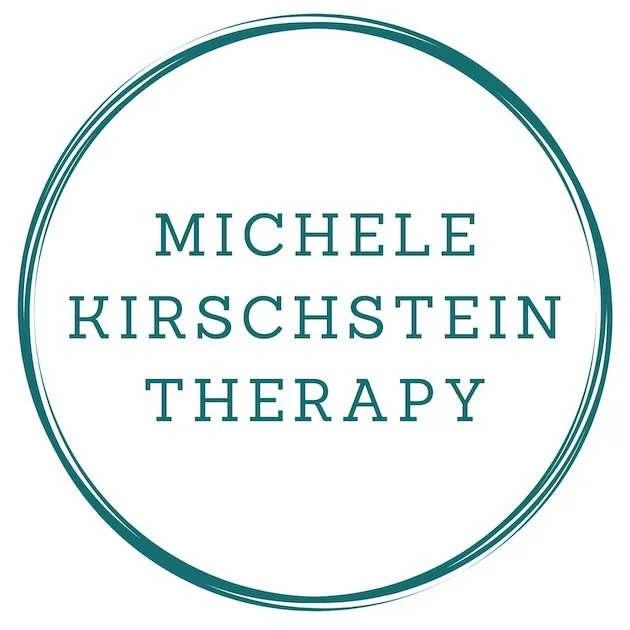LGBTQIA+ affirming therapy – what is it and why’s it important?
1 February 2021
February is LGBT History month (in the UK). This history will impact us in different ways, depending on our positionality as well as, for the queer community, the circumstances, place and time we grew up in and / or came out in. So, I thought I’d write a blog about being LGBTQIA+ affirmative in the therapy room and why this is important.
Before I start, I want to acknowledge the fact that celebrating LGBT history one month a year can feel a bit tokenistic, like with any group that is offered a month for their history – we don’t exist for only one month so really, all histories should be embedded into our everyday as standard.
So, what is an affirming therapy practice and why is it important?
Being LGBTQIA+-affirming is the acknowledgement and acceptance of a client’s sexual orientation and identity. A client might not be coming to therapy to discuss this specifically, but as our identities crucially shape how we experience the world, affirming theirs is important. (It’s worth noting that this is also applicable to other aspects of someone’s identity, like gender and race which is why I refer to myself as identity-affirming.) When historically the queer community has been unaccepted, criminalised and generally made to feel ‘less than’, it seems clear why acknowledgement and acceptance would be important. However, I think being affirming is more than just tolerating – it’s working to unlearn the deep-seated notion that mainstream heterosexual and cis-gender culture is the default. Just as client’s might have struggled at some point in their lives to accept this, and possibly still do, as the counsellors and therapists supporting them, we must constantly do this (un)learning as well.
What exactly will be different with an LGBTQIA+ affirming therapist?
An LGBTQIA+ affirming therapist will…
Allow you to bring any issue affecting you without fear of discrimination, shame or invalidation because of your identity
Help you build confidence and self-acceptance
Facilitate your exploration of your gender identity and/or sexuality in a safe, understanding space (if this is what you’re bringing to the session)
Believe you about your sexuality and gender – no need to justify yourself
See and accept your whole self by recognising the intersections of your identities
Understand different sexualities, gender identities and relationship styles without you needing to explain it to them first.
Many might ask, isn’t that just kind of like Unconditional Positive Regard, which is central to most therapists’ work?
Well, I’ve increasingly been musing about Unconditional Positive Regard (UPR) – one of Carl Roger’s key principles of therapy – and how / if counsellors can show UPR if they don’t, for example, believe trans people do or should exist, or think bisexual people ‘just haven’t decided yet’.
Unconditional positive regard is the notion that therapists show clients complete support and acceptance no matter what they say or do, and with no conditions on this acceptance. So how can you hold someone in positive regard if you don’t accept their identity? If you don’t believe they should be able to exist as who they are, authentically and openly? Or if you only believe in a certain part of their identity? I’m really not sure you can, not genuinely and congruently anyway. I imagine some will be thinking, but you don’t have to have the same views as your clients to be affirming and show them UPR. No, you don’t. But disbelieving someone’s identity and not seeing eye to eye on something are totally different. The latter is a disagreement or different point of view (which is fine, we aren’t expected to agree with our clients); but the former is oppressive to their very existence.
If you don’t believe in someone’s identity – identity being something so central to who we are as people and how we’ve experienced our lives – how can you affirm them?
My therapy room – virtual and actual – will always be a place where clients will be welcomed as their full selves, including if they’re not sure who that is yet or have never been given space to explore it.
If you want to book a session with a queer, identity-affirming therapist, get in touch.
